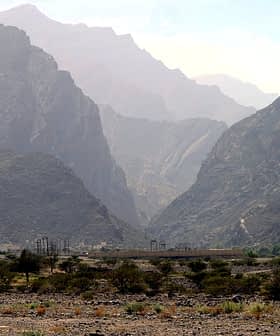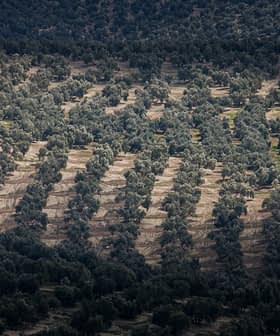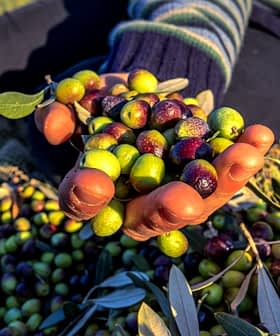As olive groves in Andalusia, the world’s largest olive oil-producing region, enter the pit-hardening phase of their phenological development, the number of olive fruit flies reported in groves across the autonomous community has spiked.
While recent rainfall in Andalusia is unlikely to salvage expectations of another poor harvest in Spain, the little rain that did fall created ideal conditions for the proliferation of the olive fruit fly, the region’s most prominent olive tree pest.
According to the regional government’s phytosanitary authorities, the number of flies captured and the amount of fruit already damaged indicate an increased presence of olive fruit flies in spring 2023 compared to previous ones.
See Also:Mysterious African Insects Are Infesting Portuguese Olive GrovesHowever, the authorities added that high temperatures at the end of June combined with sustained efforts to treat groves has led to a recent decrease in fruit fly populations and damage to olives.
The first damage caused by olive fruit flies in Andalusia was reported at the end of May.
Surveys conducted at the end of June by authorities found that the province of Córdoba has seen the most damage, with 4.6 percent of olives surveyed with visible olive fruit fly bites, a slight increase from the middle of the month.
This has coincided with an increase in olive fruit fly plate captures in the province. Authorities use plate captures as a proxy for reproductive behavior since they use pheromones to attract the flies before they get stuck.
Meanwhile, in Jaén, the largest olive oil-producing province in Andalusia, authorities saw a decrease in olive fruit fly bites, with a mid-month survey finding 2.6 percent of fruits damaged and the end-of-month survey showing 2.04 percent with damage.
However, authorities also noted a significant increase in plate captures over the same period indicating olive growers must remain vigilant.
The province of Cadíz also demonstrated a concerning increase in olive fruit fly bites, while the province of Seville experienced a slight decrease. Authorities had not published data from other provinces at the time of writing.
However, authorities said olive fruit fly captures from all types of traps have been considerably higher in June than usual, even in areas where traditionally there have been fewer problems with fruit fly infestations.
Along with chemical and organic treatments, authorities have recommended to olive growers that they foster appropriate environments for the olive fruit fly’s natural predators, including various wasp and beetle species – Pnigalio mediterraneus, Psittalia concolor, Eurytoma martellii, Cyrtoptyx latipes and Eupelmus urozonus.
Previously, Andalusian researchers promoted efforts to introduce bats to olive groves, another local olive fruit fly predator.









